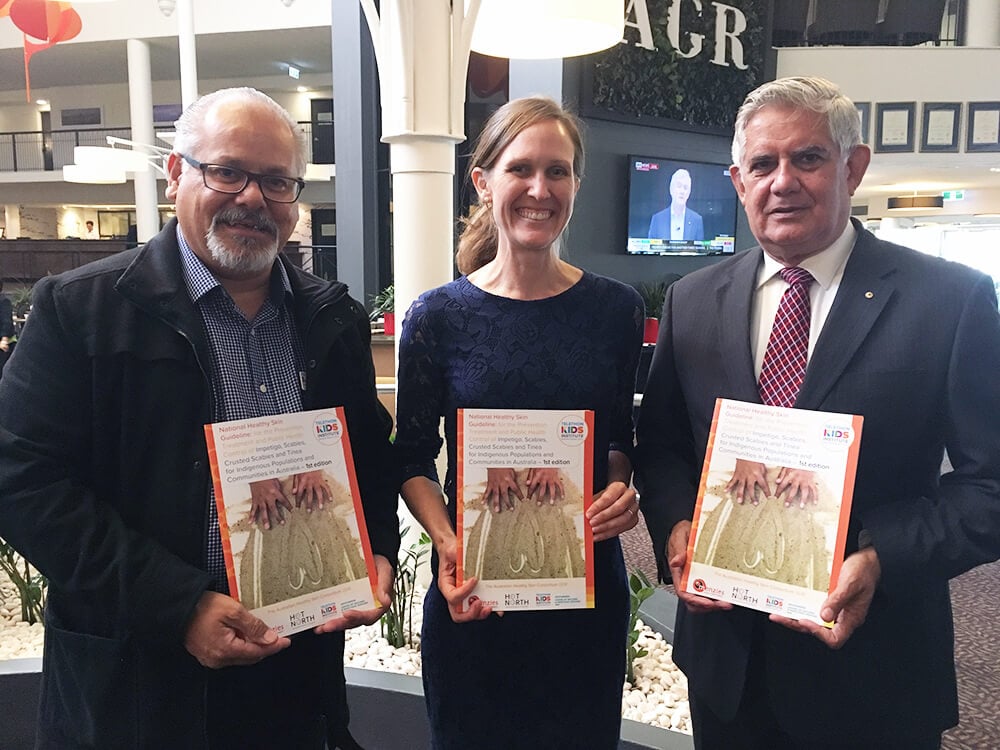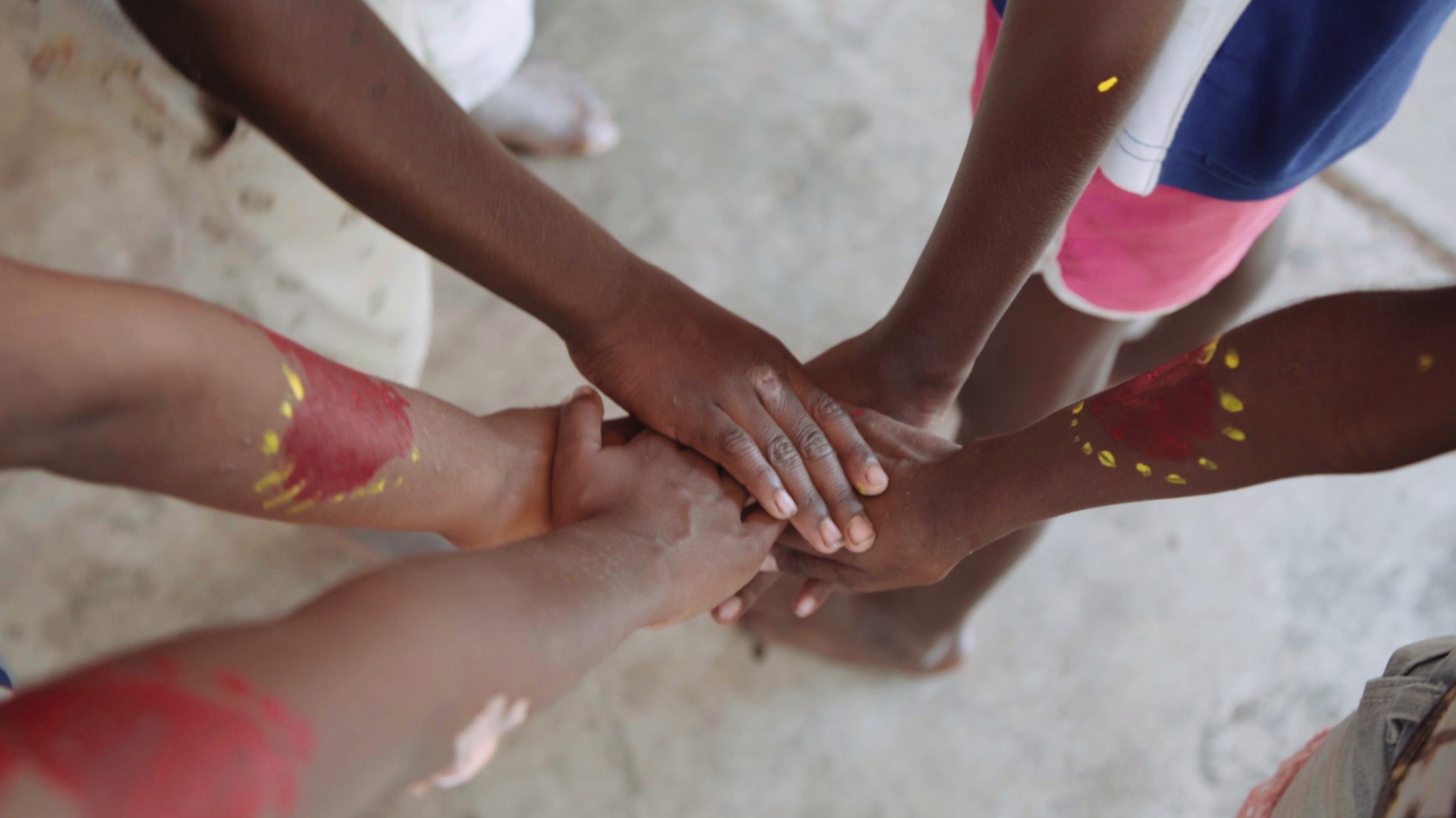Search
News & Events
Potential new vaccine for WA's meningococcal threatPerth researchers are trialling a Meningococcal B vaccine that could potentially provide protection
News & Events
Perth children needed for Swine Flu vaccine studyPerth researchers are about to begin testing of a new vaccine to protect against swine flu in children.

News & Events
WANTED: 'Flu BustersHundreds of healthy volunteers are needed in Perth to test the effectiveness of a current 'flu vaccine.
News & Events
Bird flu vaccine produces promising resultsAn Australian-developed vaccine that's been trialed in Perth has been found to produce a strong immune response against the H5N1 bird flu virus.
News & Events
Beating the flu bugPerth children are being asked to volunteer for an important national study to test the effectiveness of an influenza vaccine in children.
News & Events
Meningitis study aims for fewer needlesPerth researchers are investigating a new combined vaccine to protect against three causes of potentially deadly bacterial meningitis.
Research
ImmunisationImmunisation is the most effective way of protecting your child against a range of serious illnesses, including measles, hepatitis B and whooping cough. All vaccines used in Australia undergo stringent testing and ongoing monitoring.

News & Events
National guideline to tackle record rates of skin infectionResearchers have developed the first National Healthy Skin Guideline to address record rates of skin infections in Australia’s Indigenous communities.

News & Events
Pneumococcal vaccine sees hospital admissions for deadly pneumonia slashed by halfThousands of children born in Papua New Guinea (PNG) no longer face a future cut short by severe pneumonia, thanks to the introduction of pneumococcal vaccination as part of the country’s National Immunisation Program.

News & Events
National funding to help foster healthier food environments and fight RHDResearch teams led by The Kids Research Institute Australia have been awarded $3.75 million to support two innovative projects – one focused on pioneering a national ‘Food Atlas’ to map access to healthy and unhealthy food across the country, and the other on developing new ways to prevent Strep throat and rheuma
